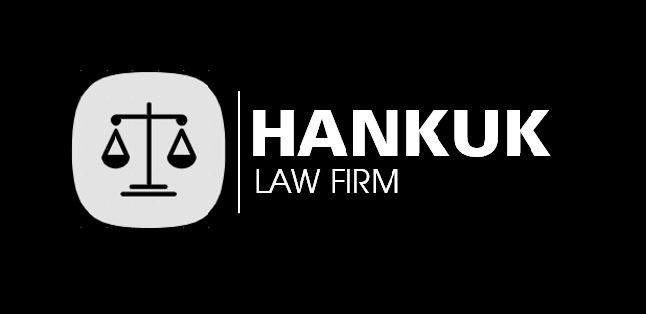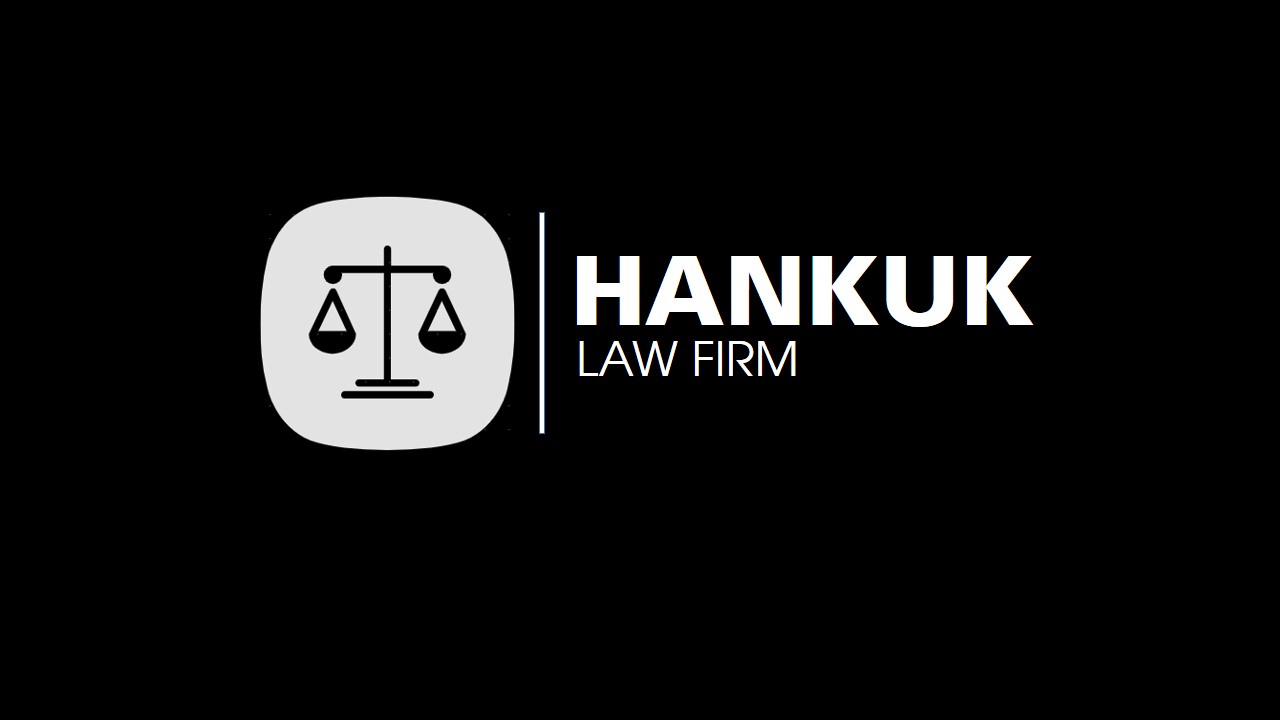UNFAIR COMMERCIAL COMPETITION PRACTICES
Legal base:
- Competition Law
1. Definition of unfair competition practices
According to law, unfair competition practices mean competition acts performed by enterprises against the principles of fairness, honesty, commercial practices, and standards, which cause or may cause damage to the legitimate rights and interests of other enterprises.
As we can see, unfair competition brings more negativity to the market and is not supported by the law due to its violation of the principles of honesty, fairness and infringement upon the interests of the State, public interests, legitimate rights, and interests of enterprises and consumers.
2. Prohibited unfair competition practices by law
Enterprises are entitled to freedom of competition following legal provisions to ensure the lawful right to competition in business. According to Article 45 of Competition Law, these acts are prohibited:
Firstly, trade secret infringement in the following forms:
– Assessing and acquiring trade secrets by going against security measures of the owner of such trade secrets;
– Disclosing or using trade secrets without consent of the owner.
Secondly, forcing customers or business partners of other enterprises through threatening or coercion so that they do not enter in transaction or stop transaction with such enterprises.
Thirdly, Discrediting competitors through directly or indirectly providing untruthful information about such competitors which negatively impacts their goodwill, financial status or business operation.
Fourthly, disrupting the business activities of another enterprise by directly or indirectly obstructing or disrupting the lawful business activities of that enterprise.
Fifthly, illegally luring customers through:
– Providing false or misleading information to customers about the enterprise or products, services, sale promotion programs, transaction conditions related to the products or services provided by the enterprise to attract customers of competitors;
– Comparing products, services of the enterprise with those of the same kinds of competitors without evidence to prove the comparison.
Lastly, sale of goods and services below cost that drives or probably drives competitors out of the market.
And others prohibited unfair competition practices in different laws.
3. Resolve unfair competition cases
According to Article 59 of Competition Law, the President of the National Competition Commission is the person with authority to decide on settling unfair competition cases and handling complaints about unfair competition.
The time limit for the Chairman of the National Competition Commission to handle an unfair competition case is 15 days from the date of receiving the dossier, investigation report, and investigation conclusions. Accordingly, the President of the National Competition Commission must make one of the following decisions:
– Settle the unfair competition case;
– Request further investigation if the evidence collected is not sufficient to determine violations against competition regulations. The time limit for further investigation is 30 days from the date of decision. After receiving the dossier, investigation report, and additional investigation conclusions, processing must be carried out within 10 days;
– Suspend the settlement of the unfair competition case.
4. About Us, Hankuk Law Firm
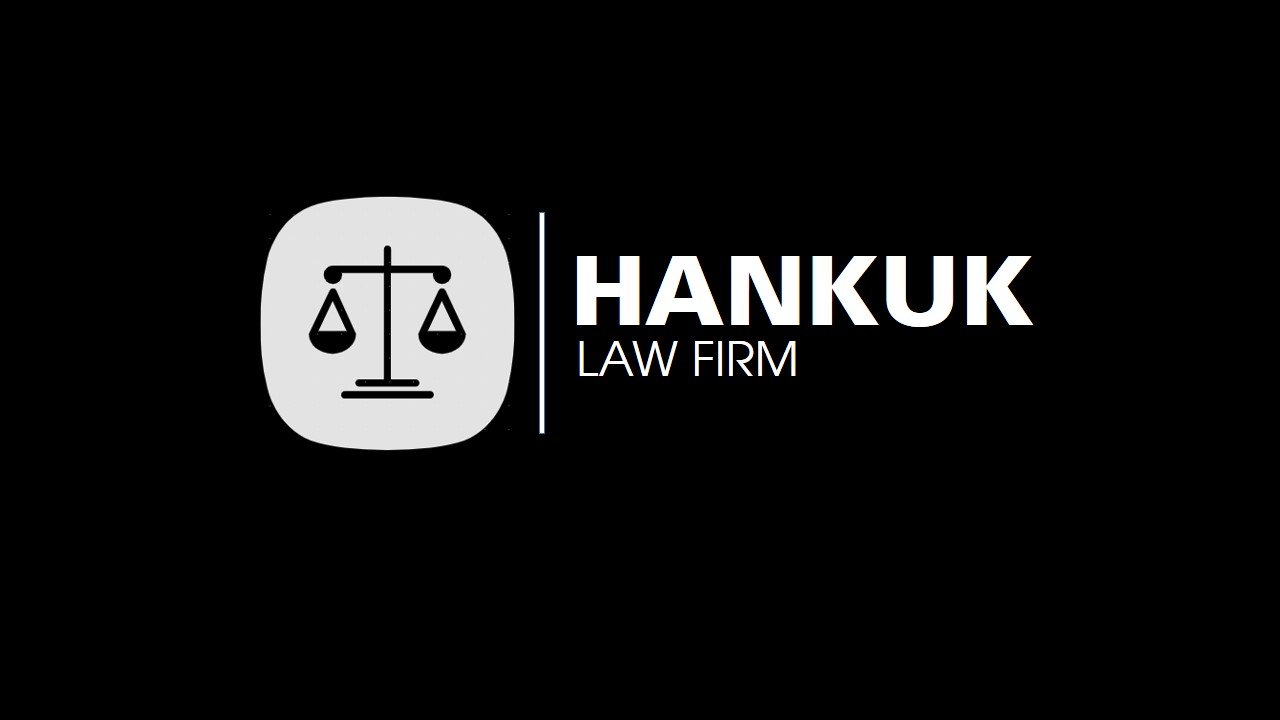
■ Hankuk Law Firm – Introduction
The goal of the legal services provided by HANKUK LAW FIRM is to support businesses, investors, and people. Our organization employs skilled Korean lawyers, partners, and professionals to provide legal services to businesses related to corporations and litigation.
To support the startup process, our lawyers and staff provide a wide range of services, including business law consulting, tax and immigration law consulting, real estate services, business consulting, marketing and communications, human resources, product distribution, franchise options, etc. We provide expert advice on every aspect of your business needs.
To protect the legitimate rights and interests of our clients and achieve the best results, we provide legal advice and participate in civil lawsuits related to business, labor, marriage, family, and inheritance.
■ Contact us now
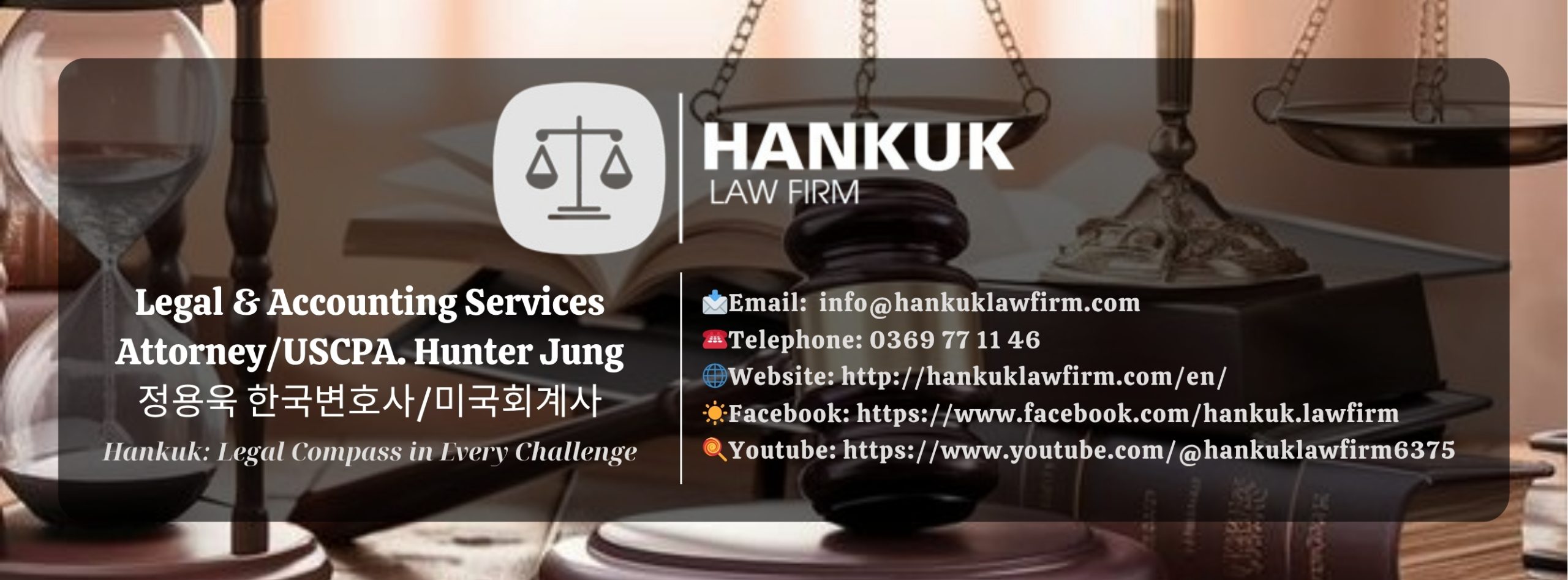
For reliable and effective legal advice, please contact HANKUK LAW FIRM now. We are committed to providing you with the best possible answers and our team of experienced lawyers has extensive knowledge in many legal fields. We are always here to provide the most competent and dedicated support, whether you are dealing with contractual issues, commercial disputes or need guidance on foreign investment. HANKUK LAW FIRM is honored to have assisted hundreds of domestic and international clients in skillfully resolving complex legal issues as their trusted legal partner. Do not let legal issues hinder your success. Let us accompany you towards legal achievement and comfort. For prompt guidance and support to ensure your rights are always maintained at the highest standards, contact HANKUK LAW FIRM now.
■ Contact Hankuk Law Firm:
| Website: http://hankuklawfirm.com/en/
FB: https://www.facebook.com/hankuk.lawfirm Tiktok: https://www.tiktok.com/@hankuklawfirm Youtube: https://www.youtube.com/@hankuklawfirm6375 Email: info@hankuklawfirm.com SĐT: 0369.77.11.46 |
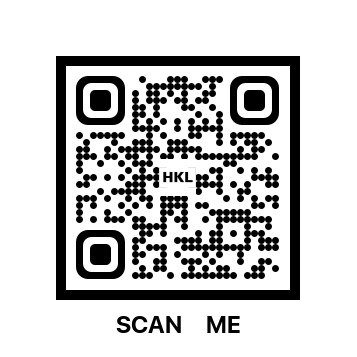 |
